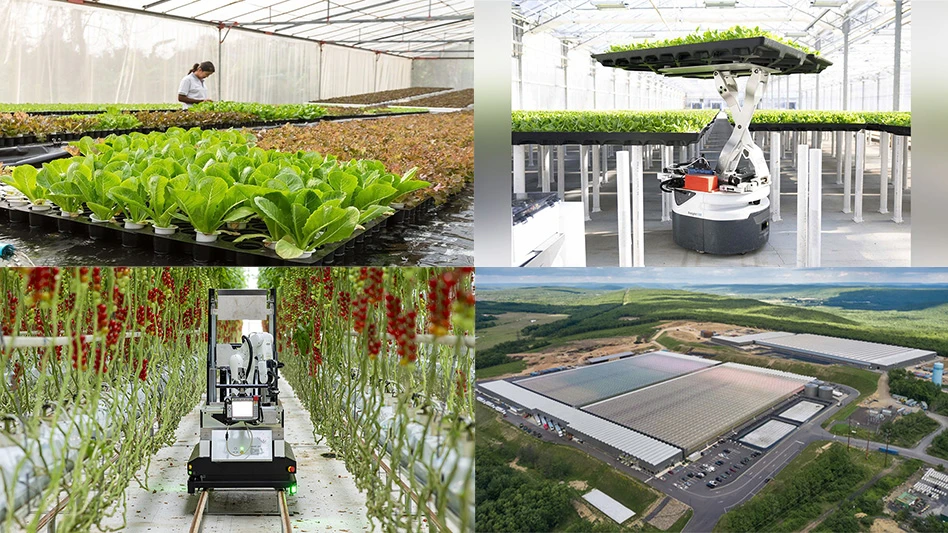
From The Winston-Salem Journal:
Most people know that eating fruits and vegetables is good for you. Now, a $1.5 million research program will try to pinpoint why.
Academic and industry leaders at the North Carolina Research Campus recently launched the Plant Pathways Elucidation Project, a first-of-its-kind, educational research endeavor.
Two dozen graduate students and undergraduate interns, representing 10 colleges and universities throughout the state, will team with scientists and industry leaders to determine how and why fruits and vegetables benefit human health.
Also called P2EP, the program aims to provide ongoing educational opportunities, initiate scientific discoveries and create a broad knowledge base on plant research.
“We’re tackling a series of questions that have been of great importance throughout the world since the beginning of plant sciences,” Dr. Mary Ann Lila, director of the Plants for Human Health Institute at the Kannapolis biotech hub and part of the P2EP leadership team, said in a news release. “By answering the questions of how, why and what healthy compounds does a plant produce, we’ll be able to advance scientific research, create opportunities for industry and consumers, and ultimately enhance human health.”
Students arrived at the 350-acre biotechnology research campus in Kannapolis on June 10 to start learning about the program and participating in team-building activities.
Justin Moore, a spokesman for the Plants for Human Health Institute, said the program has been funded to operate through fiscal 2017, but there are plans to expand and extend it indefinitely.
“We’ve broken down the walls and are talking to our colleagues,” he said. “And we’ve involved students from across the state to educate them on how the future of research ought to be.”
New era of research
Doctoral students will be in charge of six lab teams, with undergrads as research staff. The students will conduct research on specific foods, such as blueberries, broccoli, oats and strawberries, or will mine data to generate a research knowledge base.
The ongoing project will focus on plant pathways, or chemical reactions in plants that help them survive and adapt to environmental stressors such as disease or climate change.
Plant pathways are elaborate and complex. A primary goal of the P2EP program is to identify and map plant pathways in food crops, or to decode how plants produce beneficial compounds and to better understand how they function.
A “pathway” is the path a molecule takes when it undergoes a chemical reaction, changing from one form to another, according to a news release. Often, the reaction creates a new product, such as amino acids or fibers. Having been created to combat health risks in plants, these newly formed compounds can benefit human health when consumed.
Project leaders and faculty from the partnering organizations – N.C. State University’s Plants for Human Health Institute, UNC Charlotte, UNC General Administration, the David H. Murdock Research Institute, the Dole Nutrition Research Laboratory and General Mills – also will collaborate with lab teams.
“The knowledge discovered within this project will be made available online to the public and the scientific community,” said Cory Brouwer, director of UNC Charlotte’s Bioinformatics Research Services. “This will truly be a great benefit for the scientific community.”
Other partners include the Cabarrus Economic Development Corp., the Duke Energy Foundation, Turner Construction and educational institutions including Catawba College and Rowan-Cabarrus Community College.
Latest from Produce Grower
- Cox Farms partners with Feeding America to tackle food insecurity
- Ethical labor practices supported by third-party certification programs
- Relationship building
- Growing small to trial leafy greens
- IFPA expands team, launches strategic plan
- Downy mildew
- Thought Leaders to Share Insights at Clemson FRESH Food, Packaging & Sustainability Summit
- Ventilation optimization





